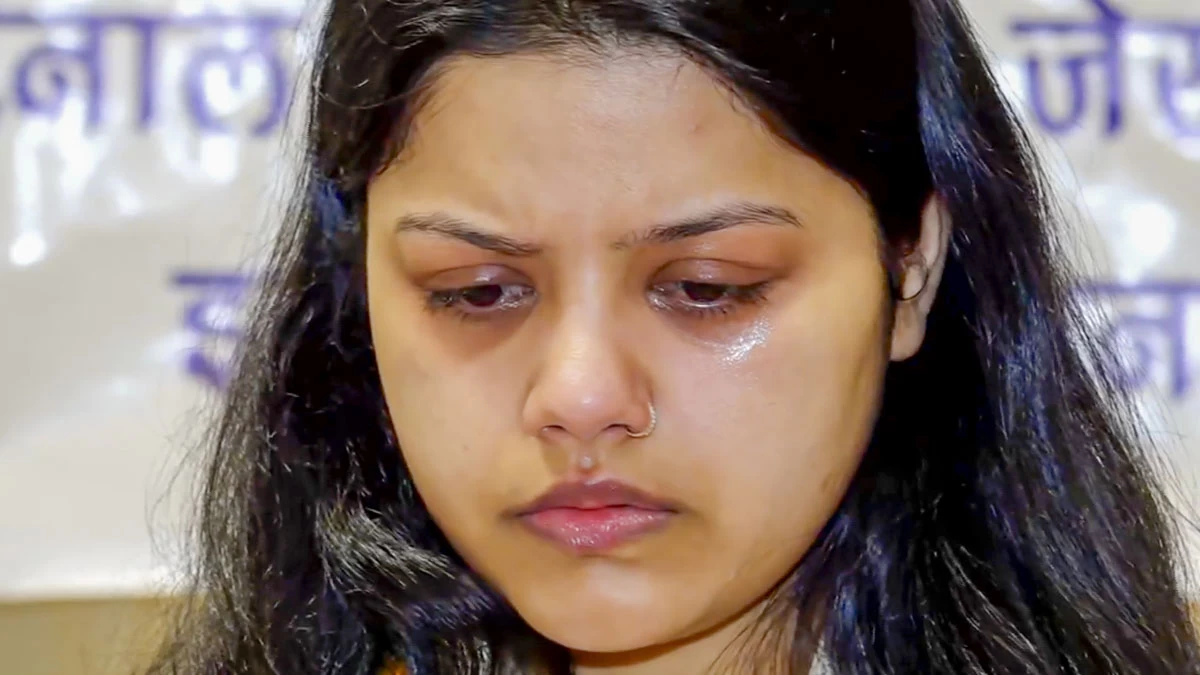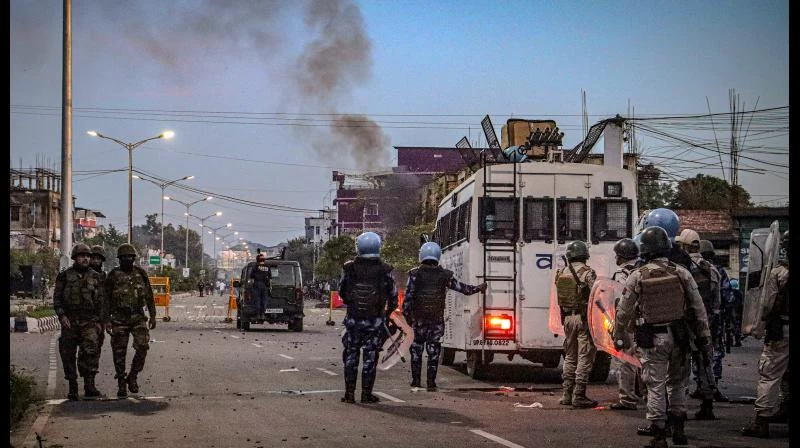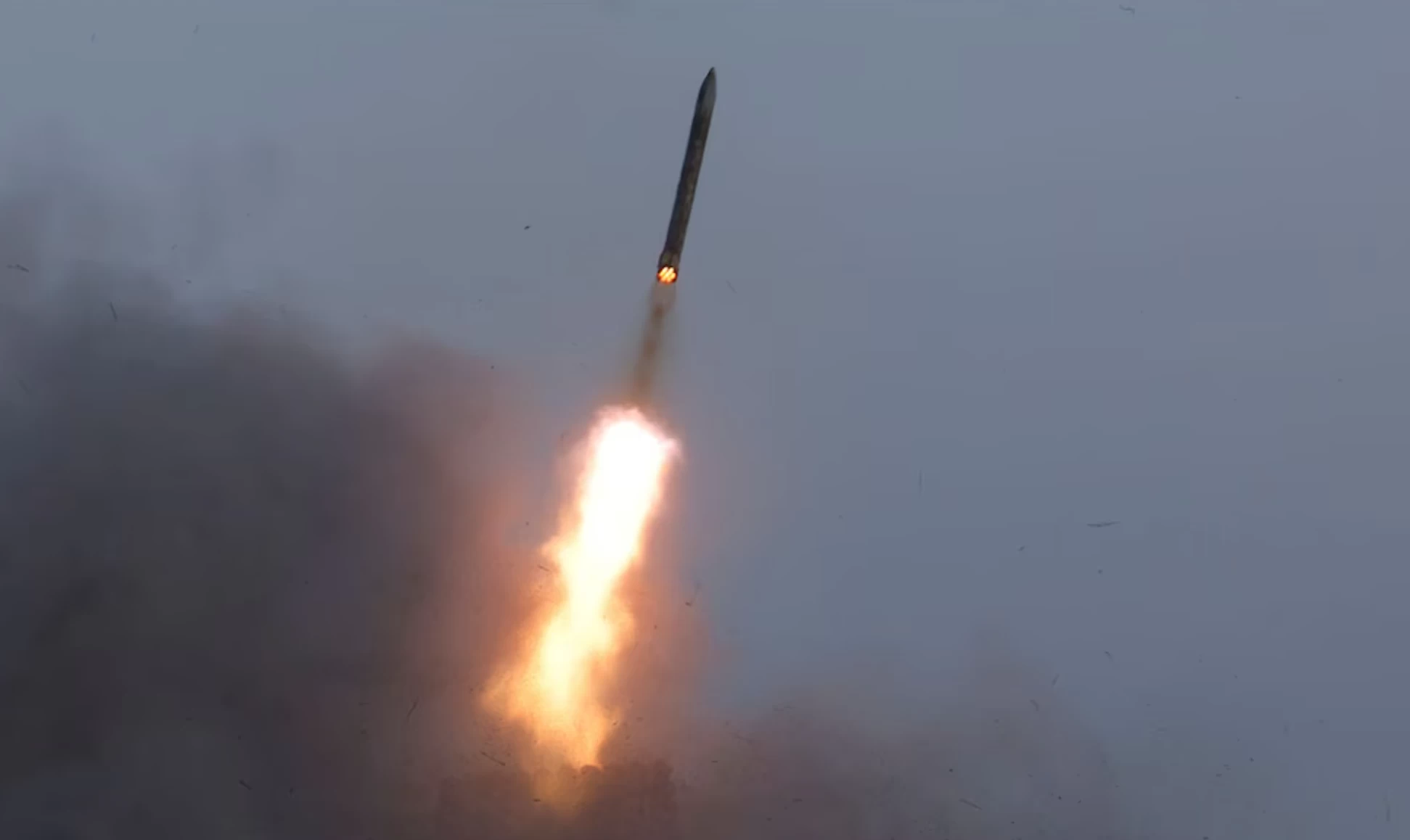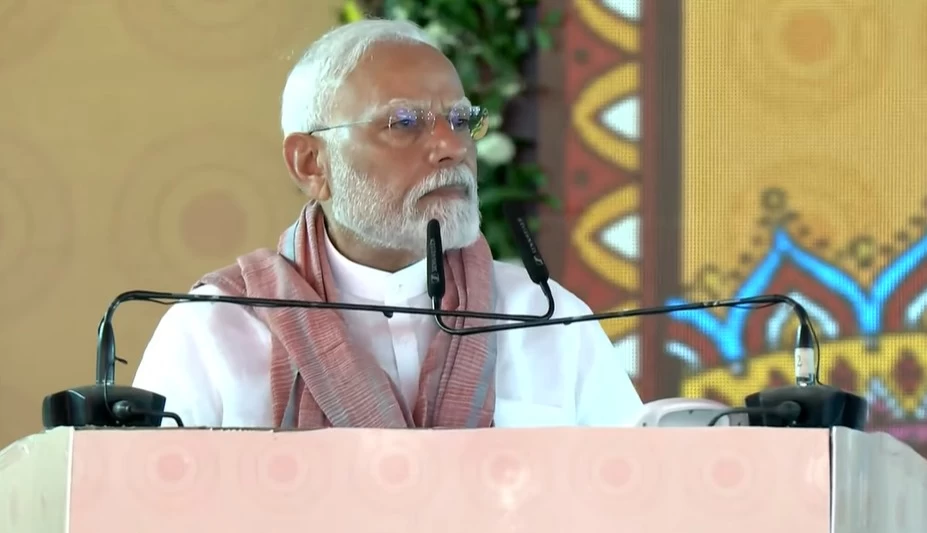Latest Updates
JNU bans protests on campus; students flouting rules to be fined, may even be expelled
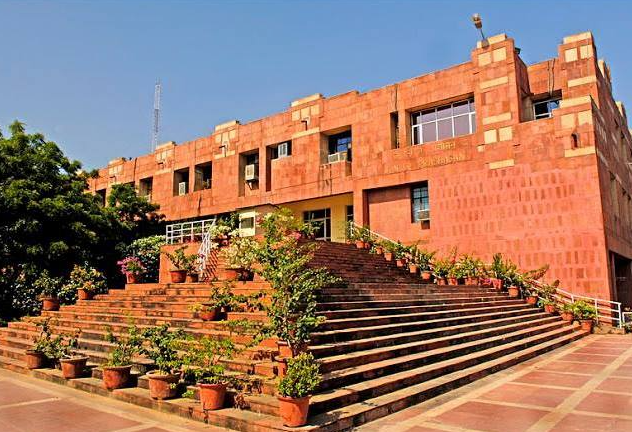
JNU bans protests within 100 meters of the academic and administrative campus, and students could be fined up to Rs 20,000 for participating in hunger strikes, dharnas or any other form of protest. As per the JNU Executive Council approved Chief Proctor Office manual enforced on November 24, the students of the varsity are expected to abide by the “discipline and conduct rules” that it contains.
The manual outlines punishments for several "offenses" that have been broken down into three categories. Moreover, it empowers the Proctor's office with the power to conduct inquiries into incidents that they deem fit. It further elucidates each of the "offenses" and the punishments that it entails.
Students indulging in acts of "violence, wrongful confinement of the staff or students, damage to the university property, and actions that disrupt academic and administrative functioning" not only have to pay a stipulated fine but could also be expelled from the Ivy League University for indulging in any of the aforementioned acts. Moreover, printing, circulating, and pasting circulars and flyers bearing "derogatory religious, communal, casteist or anti-national remarks" could lead to a penalty of Rs. 10,000.
The Chief Proctor N. Janardhana Raju has asserted that there was a need to implement strict measures to ensure a safe campus space. The foreword to the manual by the Chief Proctor states that new rules were needed “to review the existing disciplinary rules and regulations of the Office of the Chief Proctor." Moreover, there were “no substantially approved rules and regulations on proper conduct and discipline of students by the Executive Council of JNU in vogue”.
Students of the varsity could be fined up to Rs 500 if they are caught smoking on campus, students caught consuming or in possession of drugs or other illicit substances will not only attract a fine of Rs 800 but could also be expelled in dire situations. If anyone organises a party on campus premises without seeking prior permission could be liable to pay Rs 6,000.
The students of Jawaharlal Nehru Universal, one of the hotbeds of student politics in the country have unanimously claimed that with the manual, the authorities are attempting to "stifle dissent" and have called for its immediate withdrawal. The various student bodies functional on the campus premises have maintained that the Proctor's office is being used as a tool to further “political vendetta against student activists and representatives raising important student community issues”.
In a statement, the JNUSU has stated that the manual is fraught with ambiguity, and several crucial aspects lack proper entailing explanation, leaving room for arbitrary implementation. “The stringent measures outlined in the manual are aimed at stifling the vibrant campus culture that has defined JNU for decades. Such excessive regulations are intended to discourage open discussions, dissent, and intellectual exploration, which are fundamental to the spirit of our university,” reads the statement.
Aishe Ghosh, the president of JNUSU said, "Students are suffering from deteriorating infrastructure. The only way they can dissent is to hold a protest."
The university authorities however are yet to respond to the student petitions seeking clarification regarding the implementation of the manual.




